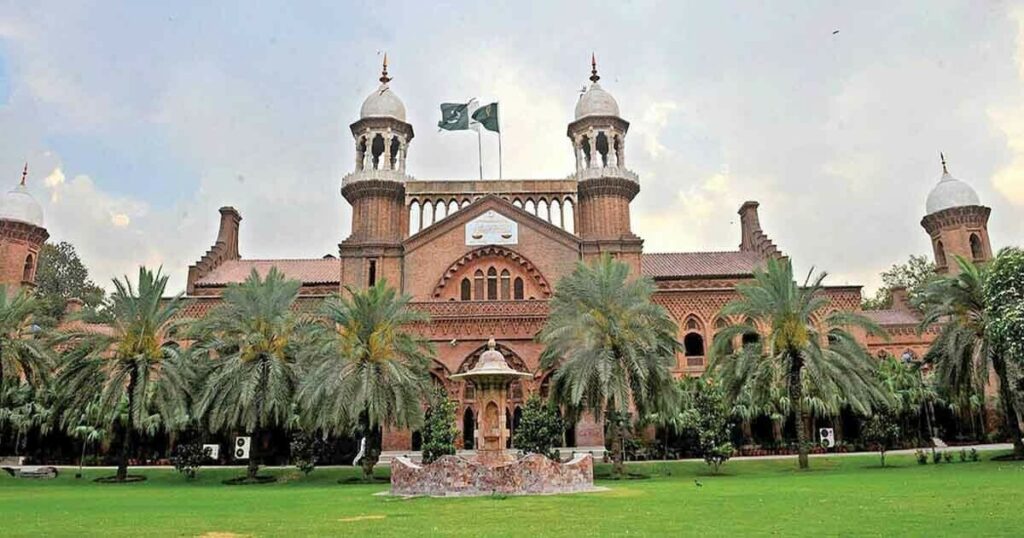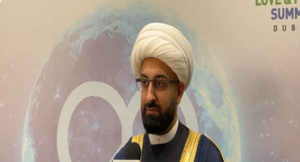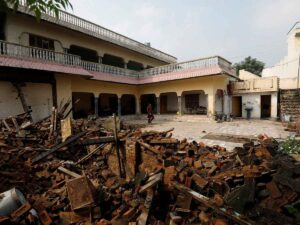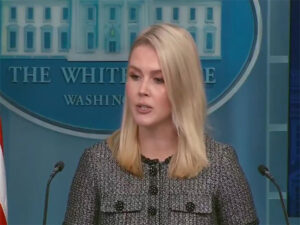Lahore High Court to hear pleas over Imran Khan’s disqualification
Lahore [Pakistan], December 24 (ANI): The Lahore High Court (LHC) constituted a full bench to hear pleas regarding Pakistan Tehreek-e-Insaf (PTI) chairman and former prime minister Imran khan’s disqualification in Toshakhana case, The News International reported.

According to The News International, Justice Bhatti to head the three-judge bench with Justice Abid Aziz Sheikh and Justice Sajid Mahmood Sethi as its members. The three-member bench headed by LHC Chief Justice Muhammad Ameer Bhatti will hear the case on January 9, it reported.
Earlier, the Lahore High Court judge asked the Chief Justice to constitute a larger bench to hear the plea against the disqualification of former prime minister Imran Khan in the Toshakhana case.
Judge Sajid Mahmood Sethi heard the plea filed by a citizen of Mianwali, named Jabir Abbas through his counsel Azhar Siddique. The applicant in his plea stated that the Election Commission of Pakistan (ECP) is not a court and it cannot disqualify lawmakers. It is pertinent to note here that the ECP declared Chairman Pakistan Tehreek-e-Insaf (PTI) Imran Khan disqualified in its verdict in the Toshakhana reference.
On November 11, Justice Sethi proposed the constitution of a larger bench on the petitions. The first petition filed by Advocate Mohammad Afaq said the ECP had disqualified the former prime minister and de-seated him from Mianwali’s NA-95 constituency on charges of corrupt practices. Therefore, as per the Representation of Peoples Act 1976 and the Political Parties Order 2002, the office-bearers of a political party must meet the standards provided in Articles 62 and 63 of the Constitution, the Dawn reported.
He argued that Mr Khan was violating the laws by continuing to head the PTI, a party registered with the ECP, and that a person disqualified under Article 63 was not entitled to become or stay an office-bearer of a political party. The petitioner asked the court to order the ECP to remove Mr Khan as head of the PTI and direct the party to nominate a new chief.
In the second petition, which is against Mr Khan’s disqualification, Jabir Abbas Khan, a voter from the NA-95 constituency, challenged the legitimacy of Section 137(4) of the Elections Act 2017 invoked by the ECP to de-seat the former premier. The petitioner, through Advocate Azhar Siddique, argued that the PTI chairman had been disqualified under sections 137(4), 167 and 173 of the Elections Act despite the fact that these sections did not mention the word ‘disqualification’.
Besides, he argued, under section 137 of the act, the prosecution could only be initiated within 120 days of the filing of false asset statements. In Mr Khan’s case, the last such statement was filed on Dec 31 last year. The petitioner said the ECP ‘illegally and unlawfully’ disqualified Khan under Article 63(1p) of the Constitution, along with sections 137 and 173 of the Elections Act, because section 137 specified only a three-year punishment or fine or both, and not disqualification.
He asked the court to declare Section 137(4) of the Elections Act ultra vires to the Constitution and restrain the ECP from taking any action until the petition is being heard. Earlier on September 19, in the Toshakhana case hearing, Imran Khan’s counsel Ali Zafar admitted that his client had sold at least four presents he had received during 2018-19.
“The gifts were sold for Rs 58 million and their receipts were enclosed with the income tax returns filed by my client,” the lawyer apprised the ECP. Meanwhile, in August, Pakistan Democratic Movement (PDM) filed the reference claiming that Khan had paid for only some items that he took home from the ‘Toshakhana’. Still, most items that he took from the government treasure house were done so without paying for them. In the reference, it was alleged that Khan did not disclose the gifts he took and concealed the information in his statements.






